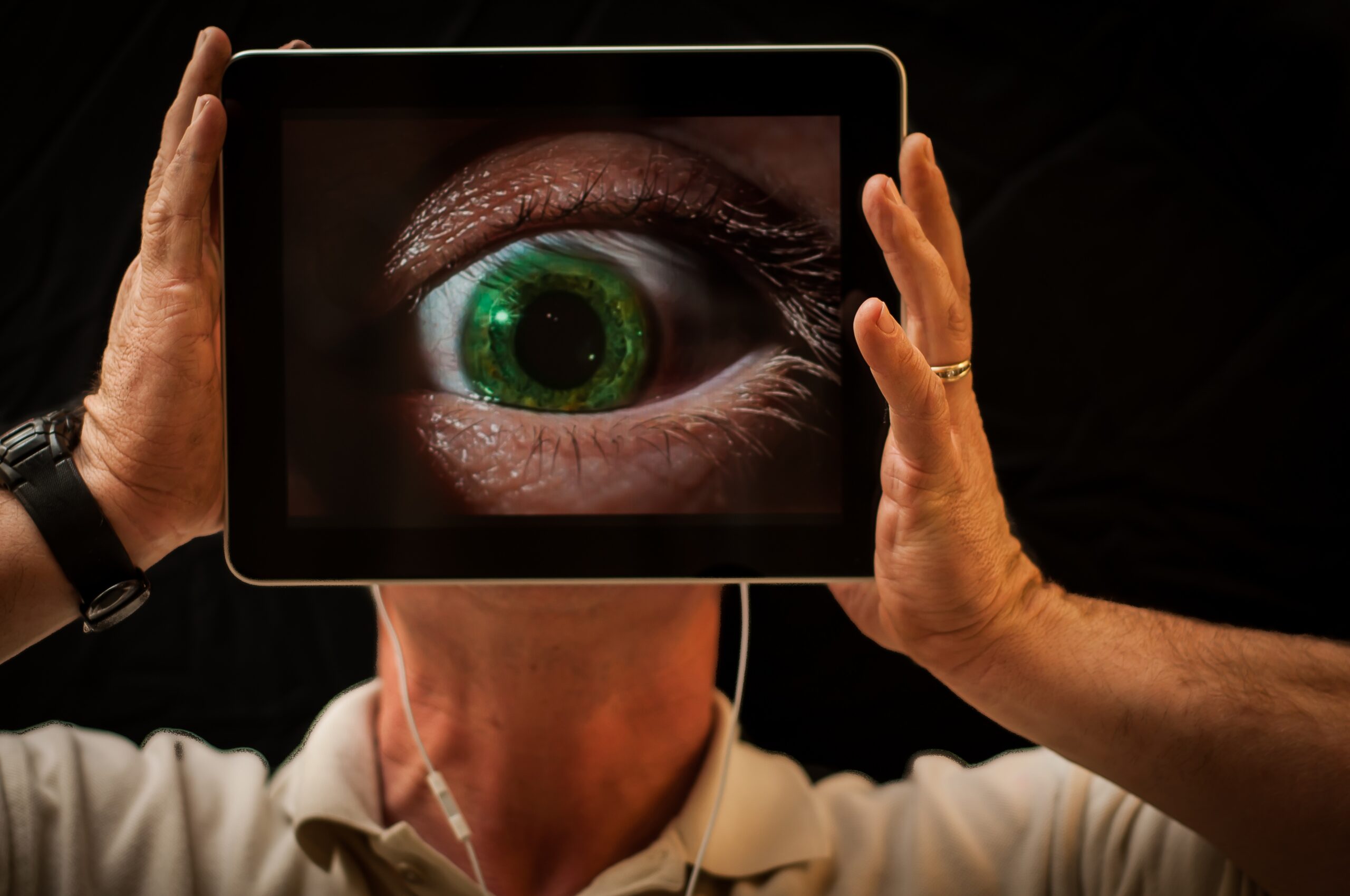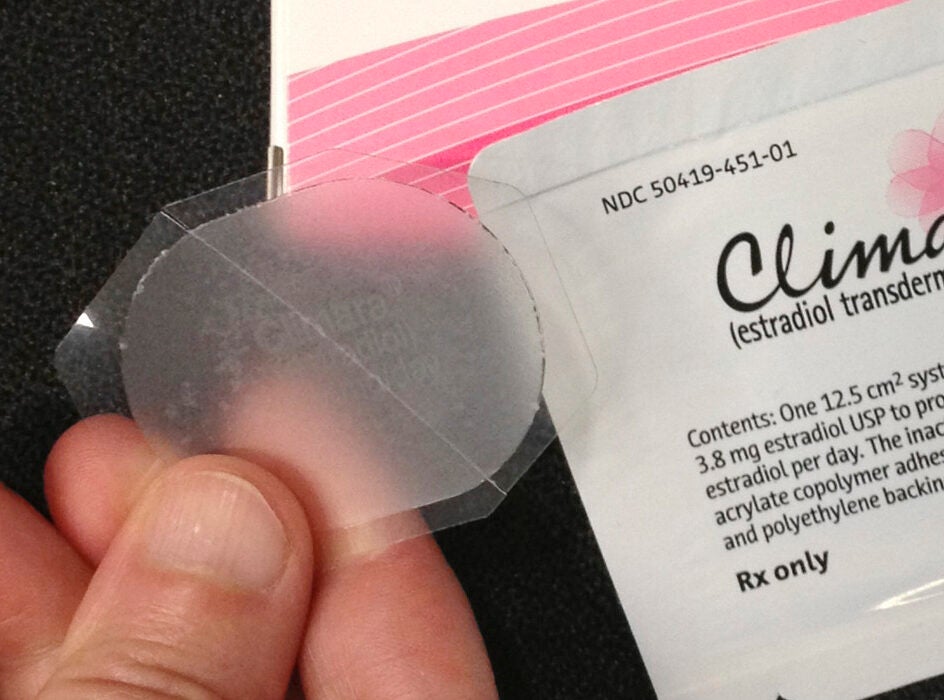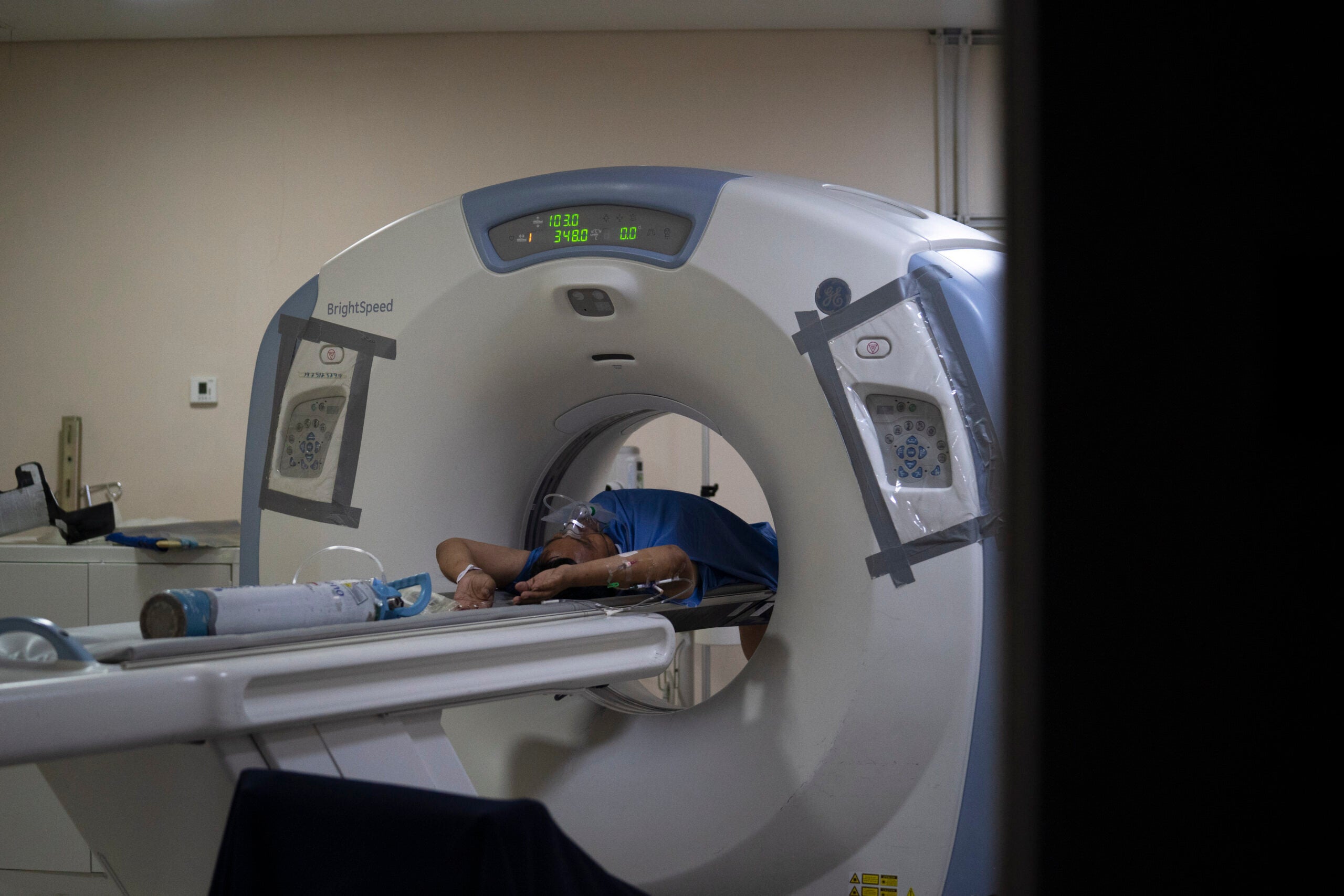Vision loss from diabetes is preventable with early detection but many people with the disease don’t have access to the eye specialists they need. Today we will be talking about a new telemedicine program that is helping to bring expert care to underserved areas of Wisconsin.
Featured in this Show
-
Access To Eye Screenings Is Key To Preventing Blindness From Diabetes
The leading cause of blindness among adults in the U.S. is from diabetic eye disease, and yet, according to research conducted by the University of Wisconsin, 90 percent of vision loss in diabetics can be prevented with yearly eye exams.
Unfortunately, only half of those in danger are getting the recommended screenings.
“We’re really trying to work on increasing access to care to help prevent vision loss in our communities,” said Dr. Yau Liu. “Many people have to travel long distances, particularly in rural areas, in order to see an eye specialist.”
Liu, an ophthalmologist and assistant professor at the University of Wisconsin School of Medicine and Public Health, led a UW Health team that has helped reach these underserved areas through a telemedicine program.
Telemedicine is the use of telecommunications technology to diagnose and treat patients remotely. The team is using this technology to deliver eye care.
“Patients have photos taken of their eyes using a special camera and that camera is located in the same clinic as their primary care doctor’s office,” said Liu.
The photographs are of the back of the eye and they allow doctors to screen patients for early signs of the eye disease known as diabetic retinopathy.
According to Liu, the process takes less than two minutes. The photos are sent to eye specialist in Madison who return results to the primary doctor in about two days. She said the screening provides patients with diabetes a fast, simple way to detect early signs of the eye disease — and possibly prevent that disease from progressing to blindness.
Right now, the telemedicine eye screening service is only available at Mile Bluff Medical Center in Mauston. There are plans to expand program, creating a statewide screening network. The network would be available not only in rural areas, but also in underserved urban populations in Wisconsin.
“I think this is definitely a game changer,” said Liu. “Care should be made available to everyone regardless of who they are, where they live, what part of the world they are from and these new technologies really expand our ability to provide high quality eye screening and eye care.”
Episode Credits
- Larry Meiller Host
- Jill Nadeau Producer
- Dr. Yao Liu Guest
Wisconsin Public Radio, © Copyright 2025, Board of Regents of the University of Wisconsin System and Wisconsin Educational Communications Board.





